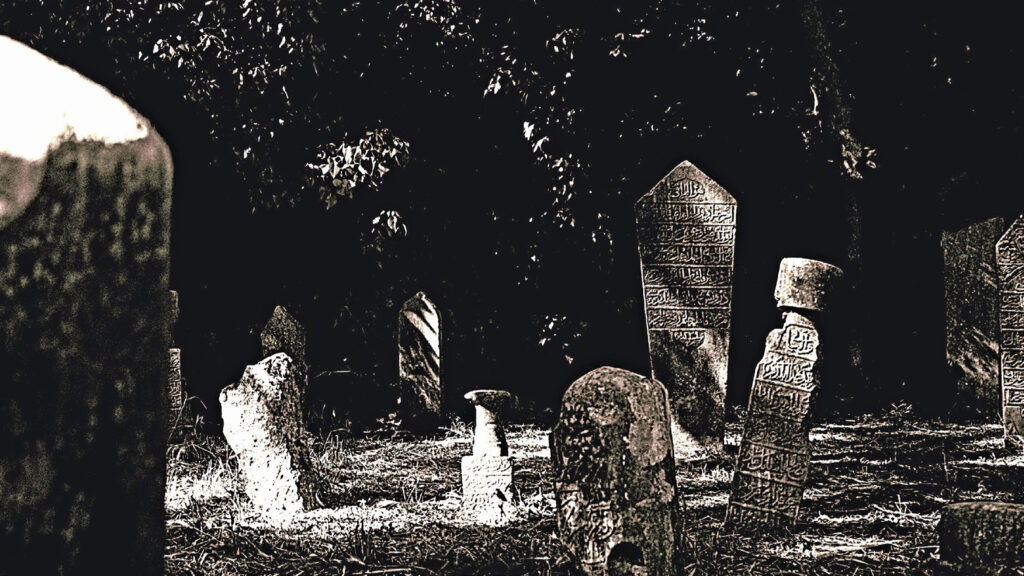A Modern Exodus
BY SONIA SCHACHTER
The biblical book of Exodus is a well known story. It recounts the story of the Jews brought out of Egypt with the mighty hand of God, the Egyptians defeated at the Red Sea, and the children of Israel wandering in the desert before finally entering their homeland after 40 long years. The novel Exodus, written by Leon Uris, is a story with underlying themes reminiscent of the biblical Exodus. The novel takes place after World War II and follows a group of members of the Haganah (the largest Jewish underground organization, whose goal was to smuggle Jewish immigrants into Palestine in defiance of British restrictions) as they run from the horrors of the Holocaust and work towards the eternal Jewish dream: creating a state for the Jewish people in the Land of Israel.
The story weaves together the lives and struggles of a wide variety of characters. At the beginning of the novel, we meet Kitty Fremont and Ari Ben Caanan. Kitty is a Christian nurse from America who, after the war, ends up in Cyprus. Ari is a soldier from the Palmach, a group of Jews from Mandatory Palestine (present Israel) working to bring Jews to their homeland. Readers are also introduced to Dov and Karen, two teenagers who meet at a Jewish Displaced Persons (DP) Camp. Dov survived the terrors of the Warsaw ghetto and the Auschwitz concentration camp. Karen had been taken as a child to wait out the war with a Danish family; she ended up in Cyprus after a failed attempt to enter Palestine. The four meet in a British DP Camp and create an escape plan. What follows is a gripping story of determination and action as our heroes make their way to Palestine, set up new kibbutzim, and prepare for war against the surrounding Arab nations who are intent on destroying all the Jews living in Palestine.
Throughout the novel, Kitty Fremont faces a difficult struggle. She is filled with vast admiration for Karen’s strength of character and wishes to adopt her. But this would mean following Karen to Palestine, a place Kitty has been hesitant to visit because of her unease regarding Jews. Kitty feels intimidated in the presence of Jews and does not really know their motives and values, which makes her nervous. Nevertheless, Kitty’s fondness for Karen is too great to resist, and Kitty takes a leap of faith, joining the escape to Palestine. But even with this successful flight from Cyprus, Kitty’s struggle is far from over.
Kitty is a strong American woman. She loves her country and does not wish to part from it, and she is particularly afraid that her values and way of life will change if she remains in the Jewish homeland for too long. Kitty observes the women in Palestine, how strong and fit they are, but also how they act in contrast to Kitty’s sense of traditional femininity. She worries about the effect this new culture will have on herself, and on Karen. Kitty fears that staying in Palestine will bind them too deeply to the land, so she is determined to leave with Karen.
Yet later on Kitty begins to feel a different attachment. She begins to feel the beauty of Palestine, witnesses the resilience of the Jews, and feels an urge to contribute to the Jewish cause. She becomes trapped in limbo, unsure of which path to take. On the one hand, she has started to feel the grandeur of the land, but on the other hand Kitty does not want to lose her American heritage.
Though our situations are very different, the struggle that Kitty faces is one I relate to, and I assume many young American Jews relate to as well. I am a proud Jew and Zionist, and I am eager to visit Israel to help my beloved nation. I also have many relatives and friends who live in Israel, and I would love to be there with them, especially following the events of October 7. However, I am also a deeply proud American and wish to follow in the footsteps of great American leaders, which almost certainly requires remaining in my country of birth. Though it is possible to take lessons from American leaders and American values and apply them to any situation, anywhere, leaving feels like a betrayal to the issues that need to be solved in this country. Like Kitty, I struggle with finding the balance between these two longings. The tasks of strengthening the state of Israel and America are both relevant and important, and I worry that choosing one means letting the other down.
After following Kitty and her challenge, I learned a valuable lesson. Kitty struggles to choose between America and Palestine. In the end of the novel, she sees that she is needed in Palestine and decides to stay, but the possibility of returning to America lingers in her mind. We often think that we need an immediate solution to a problem. The natural human response in this situation is to change locations, thinking it will provide an immediate fix. But Uris’s novel teaches us that this is not always the best solution; we can understand our purpose in our current location and choose to remain, even while believing we should be somewhere else.
Suggested Reading

Right Before His Eyes
BY ARI UNGER Jacob wore a tightly buttoned plaid shirt. He had a thin, carefully trimmed mustache, and nicely pressed slacks. He sat on the couch, which was carefully covered…

“Judge Your Kin Fairly”: The Jewish Response to Cancel Culture
The internet leaves people free to judge and shame others without remorse. Should Jews take part in this culture of shame, or would Jewish tradition say this is taking accountability too far?

The Sacrifice
BY NAOMI RUTTENBERG Deep within evil lies a thought worn of timeIt eagerly accepts a grant of evilThe sacrifice?You know itA scapegoat lit on fire subject to a rhymePoetry cursed…

The Importance of the Arts
BY RAFI UNGER What distinguishes humans from animals is our capacity for creativity and generating new ideas. In essence, the unique creativity of humans separates us from other creatures. Unfortunately,…